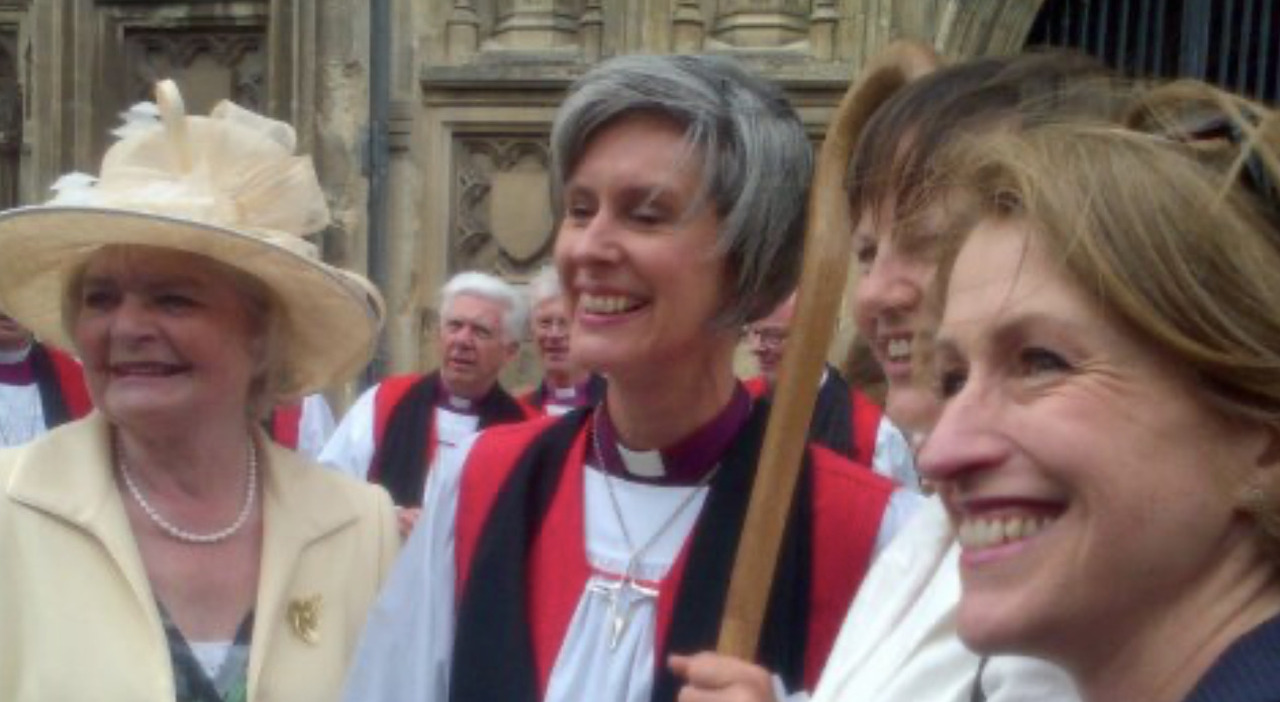Anglican Bishop Jo Bailey Wells gave a lecture in the Vatican in front of the Pope and the nine cardinals that make up the C9 - a kind of Crown Council - along with two other women, the Italian nun, Giuliva Di Bernardino and the theologian Sister Linda Pocher. The theme of the session was the female role in the world of the Church, practically one of the most controversial and discussed topics of the last Synod.
The former president of Germany breaks a taboo: ready to welcome a Pope in the Vatican
Jo Bailey Wells, married to an Anglican priest from whom she has had two children, has taught theology at Cambridge until becoming a world reference figure for the entire Anglican Communion, that is a global network of 42 regional, national and pan-national autonomous but interdependent churches in more than 165 countries. Jo Bailey Wells has written several books and continues to defend the role of women in leading society at every opportunity. At the inter-religious meeting in Kazakhstan which Pope Francis also took part in two years ago during the summit of world religious leaders - the Anglican bishop had raised many grumbles among the male audience - especially from the Islamic and Orthodox world - arguing that 'gender equality is part of God's plans'.
During the last Synod, last fall, the theme of female priesthood, of the diaconate and, in general, of the female role were the subject of harsh confrontations and several synodal members expressed different positions. Some consider this step unacceptable as it is discontinuous with Tradition. For others, however, granting women access to the diaconate would restore a practice of the early Church. Others fear that this request is an expression of a dangerous anthropological confusion, by accepting which the Church would align itself with the spirit of the time. The problem will arise identically next fall when the second and final phase of the Synod on Synodality will open in the Vatican.
This article is automatically translated
